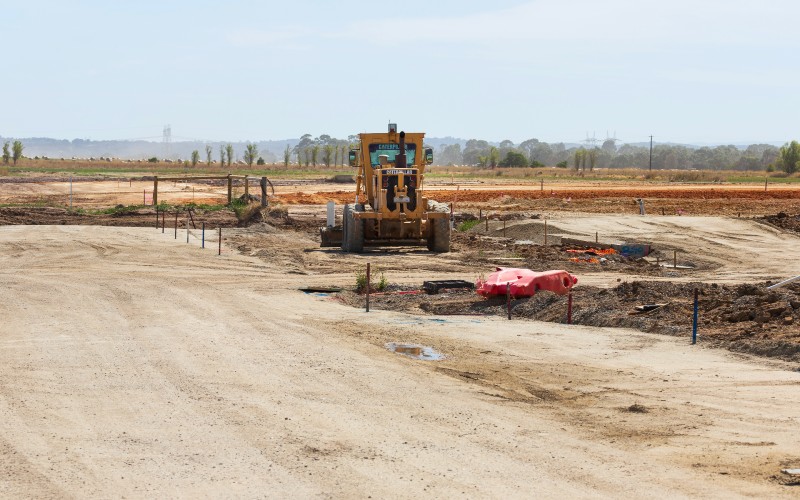
Victorian Treasurer Tim Pallas announced on Tuesday that the government will introduce legislation to expand the vacant residential land tax to include the entire state, in a bid to encourage development and improve housing supply.
The change will take effect from January 1, 2025.
Currently, the tax only applies to vacant residential land in Melbourne's inner and middle-ring suburbs that have been unoccupied for more than six months in a calendar year, and is charged at 1% of the capital improved value (CIV) of taxable land.
"We can’t afford really to have vacant land in metropolitan Melbourne sitting idle,” Mr Pallas said at a Property Council of Australia breakfast on Tuesday.
“Our clear message to the landowners is to either develop land or sell it to someone who will."
The tax would also be expanded to include vacant residential land that has been unimproved for more than five years in established Melbourne suburbs. This change would come into effect from January 1, 2026.
Mr Pallas said the policy would also apply to state government agencies who are holding vacant residential land.
“Similarly, we’re not putting in place a rule for landowners that we as a state are not going to apply to ourselves," he said.
“We expect every government agency that is holding land to justify exactly why are they holding that land and not putting it into the marketplace.”
"Another regrettable demonstration of poor property policy development"
Real Estate Institute of Victoria (REIV) CEO Quentin Kilian said the announcement is "just another regrettable demonstration of poor property policy development, and shortsightedness".
"Less than a fortnight ago, the government released it’s much vaunted “Housing Statement” and within the space of two weeks we already have two new property tax increases announced," Mr Kilian said.
"The exodus of rental providers has increased over the past year and with yet again another round of taxation aimed at the property market, there is no doubt that investors will continue to leave Victoria, exacerbating the rental shortage."
He urged the government to consider strategies that would incentivise investment rather than dissuade it.
"Consistency and stability are critical to attract the much-needed private investment in the housing sector. This is a message that the REIV has been sending to the government for some time, but one that has been ignored."
Rather than encouraging investors to develop vacant land into housing stock, Mr Kilian said the expanded land tax would do the opposite.
"We can assure Mr Pallas, and his team of policy makers, that the only behaviour this idea will initiate is for more landowners to sell-up and continue to turn away from Victoria for investment," Mr Kilian said.
"It will create more uncertainly in investment at a time when the participants in the sector are crying out for consistency and commonsense and concepts that inject more confidence into real estate regulation."
The move comes after the Victorian state government announced last month it would be introducing a 7.5% levy on short-stay accommodation platforms like Airbnb and Stayz.
Image via Unsplash